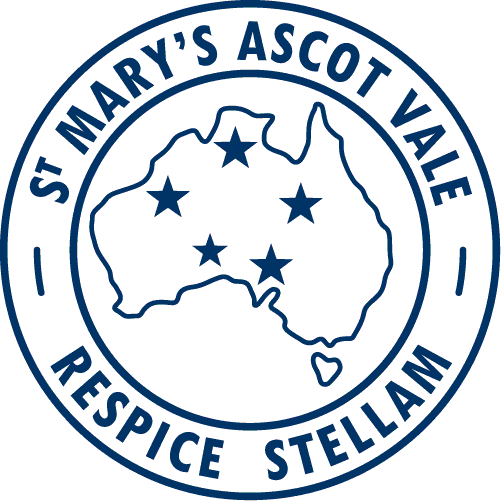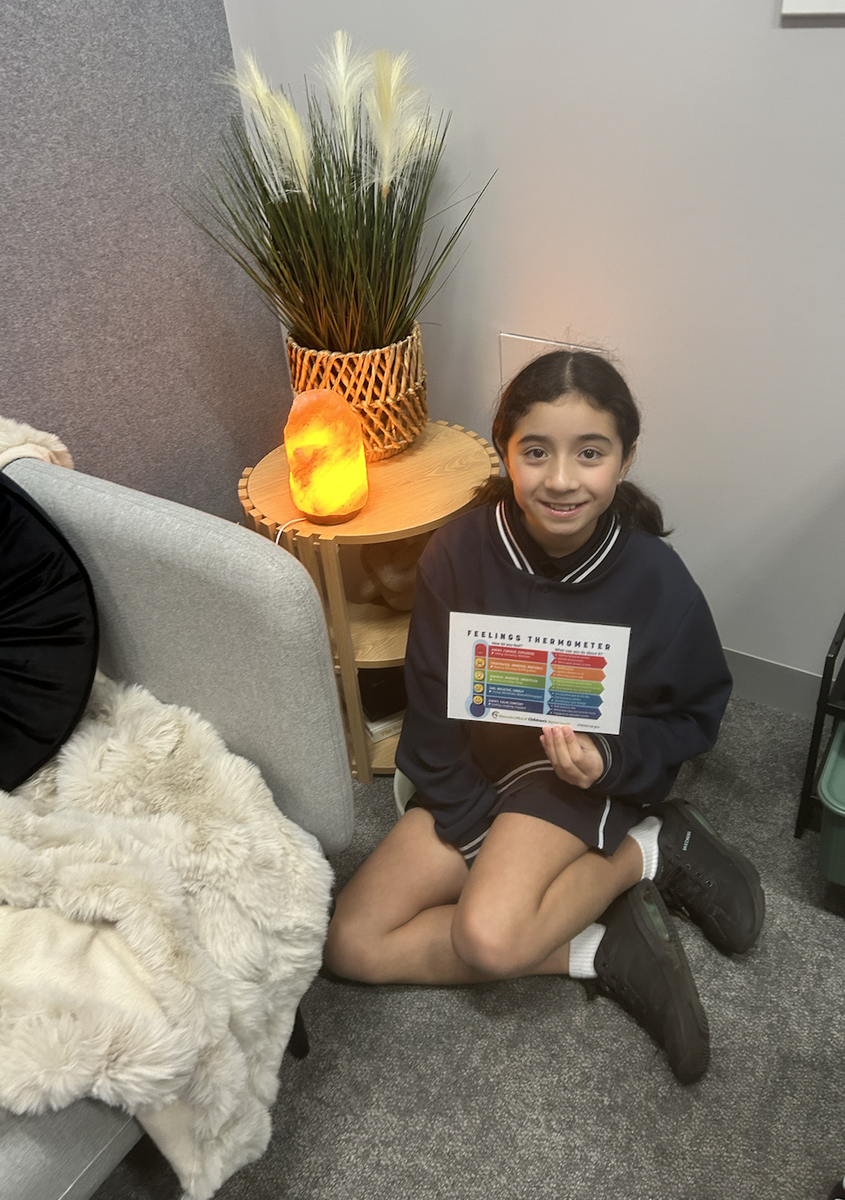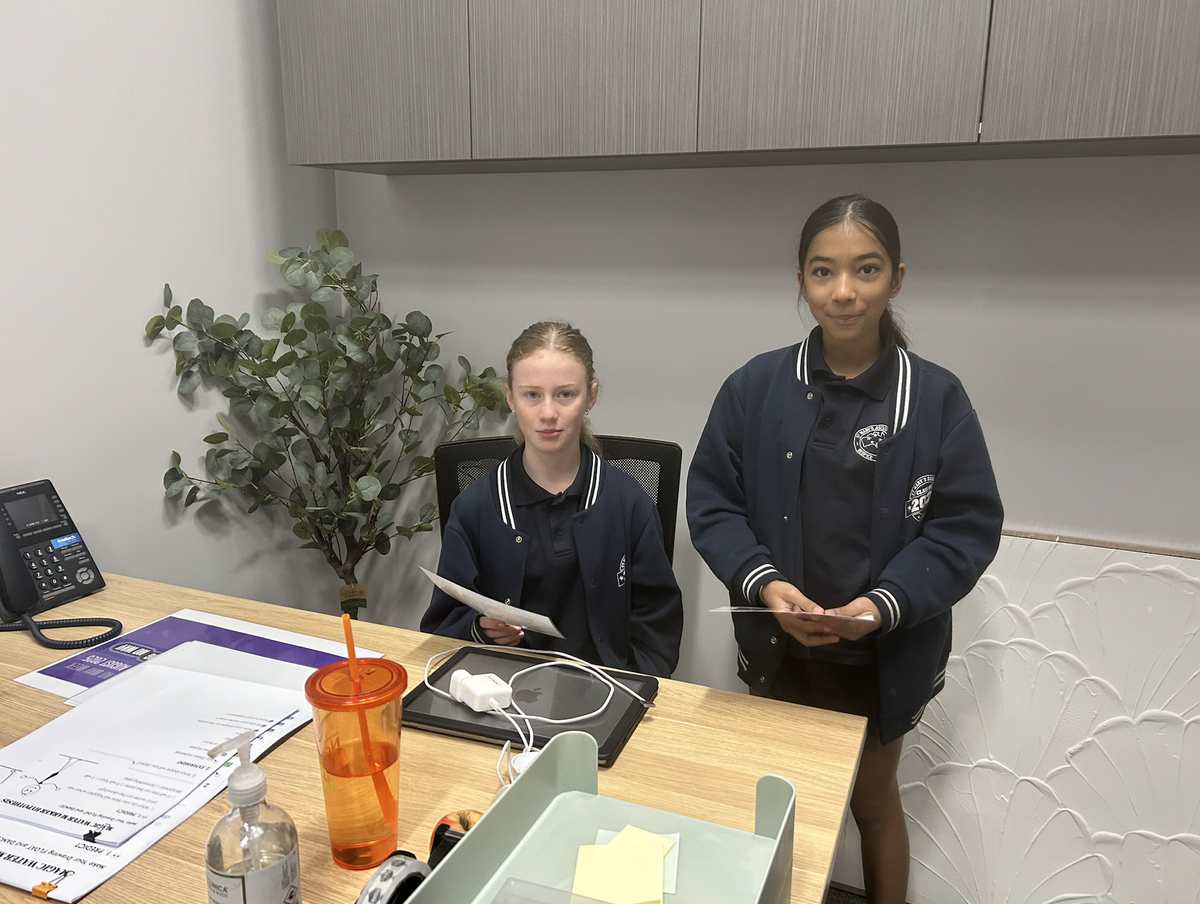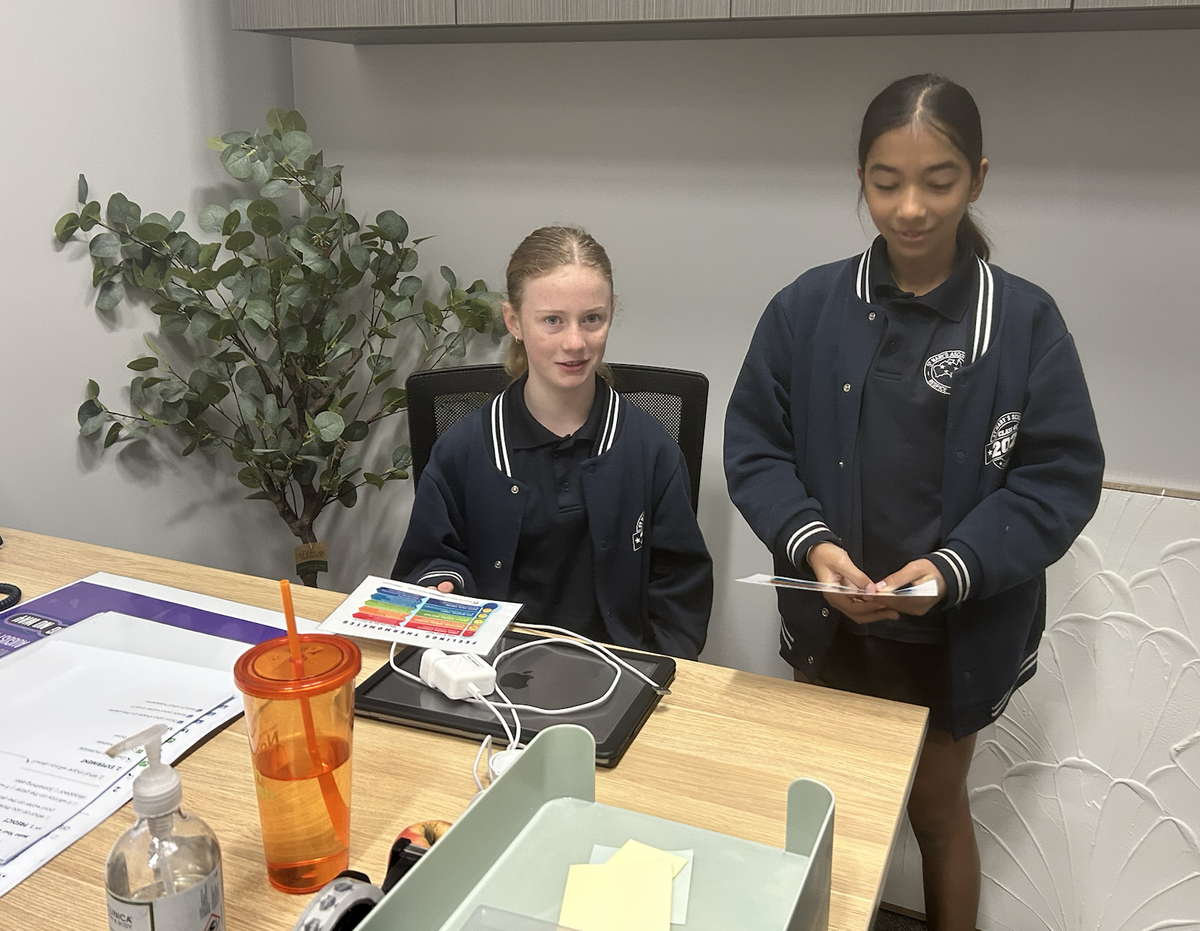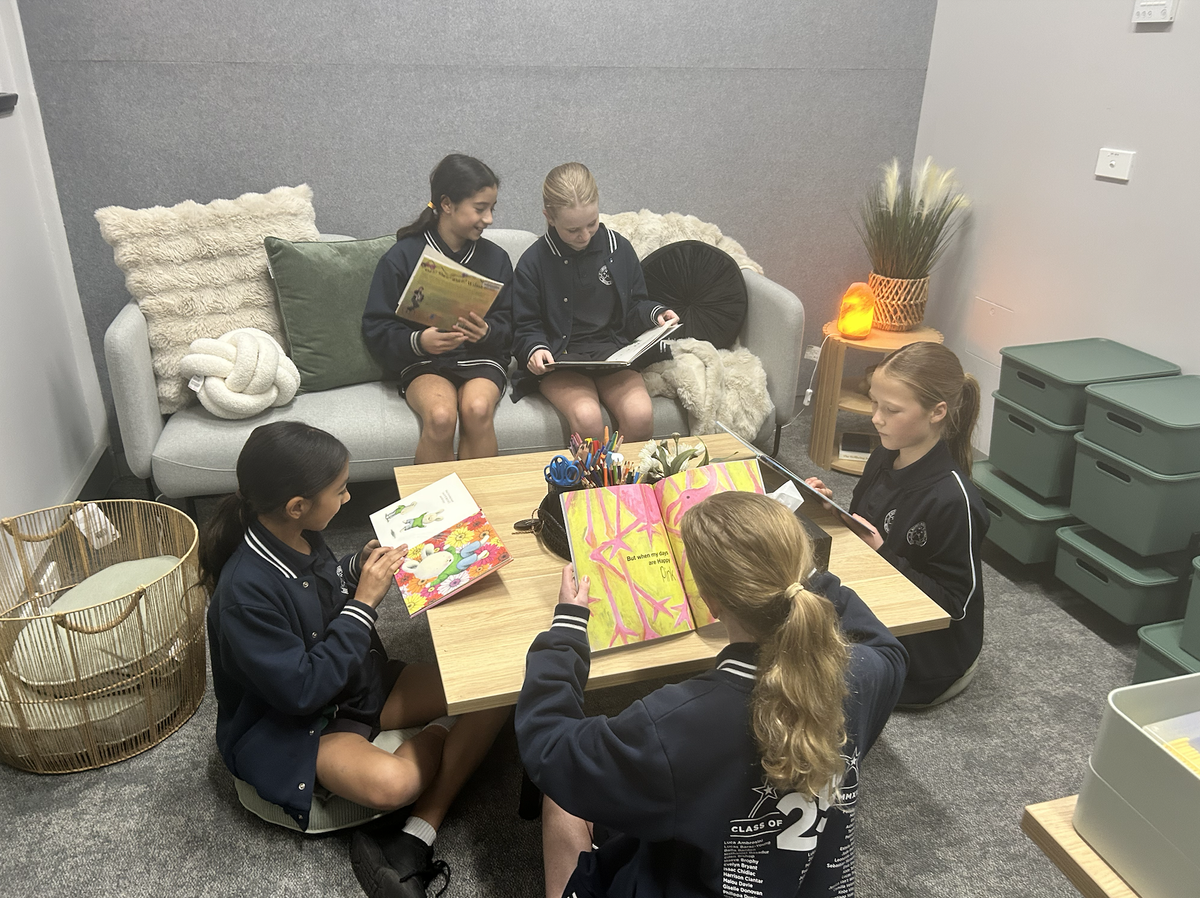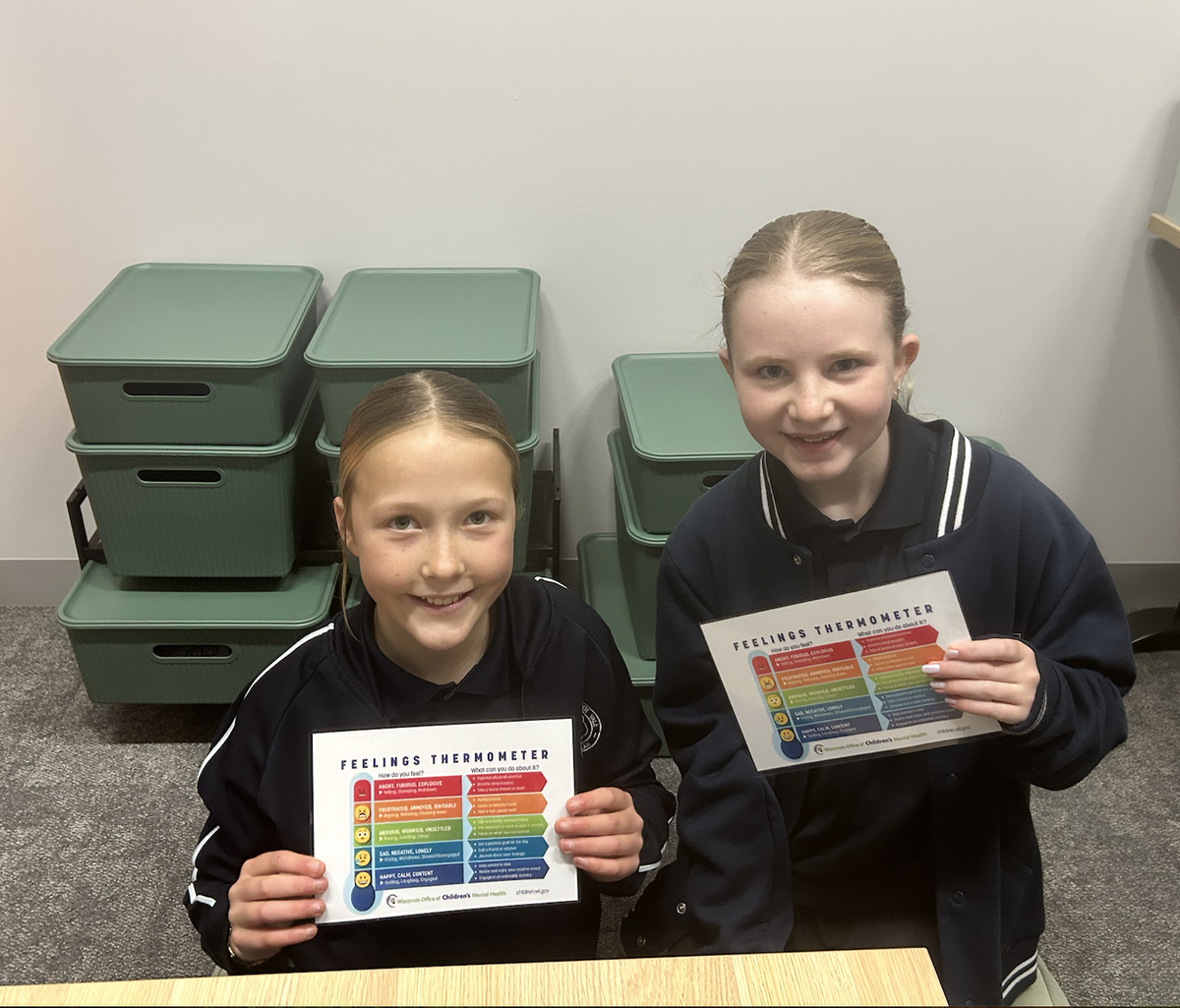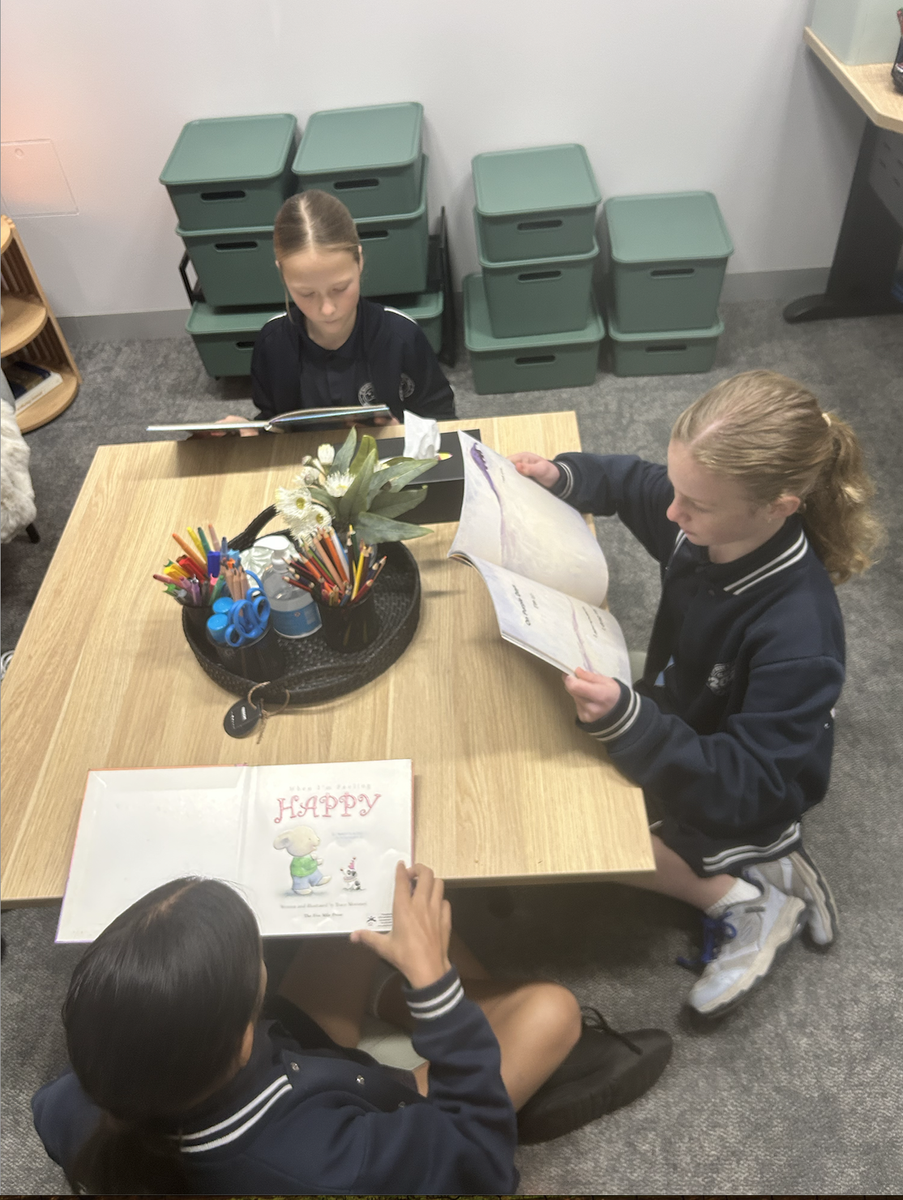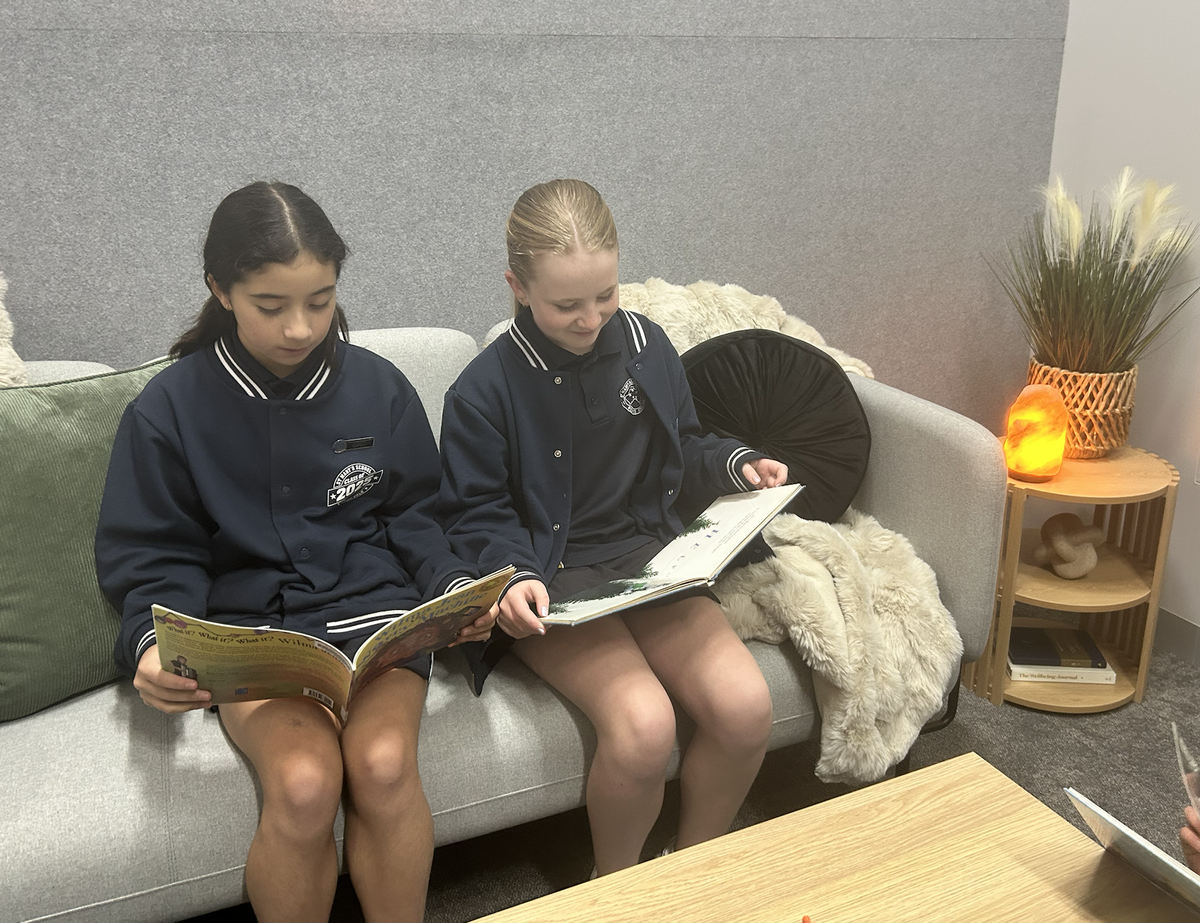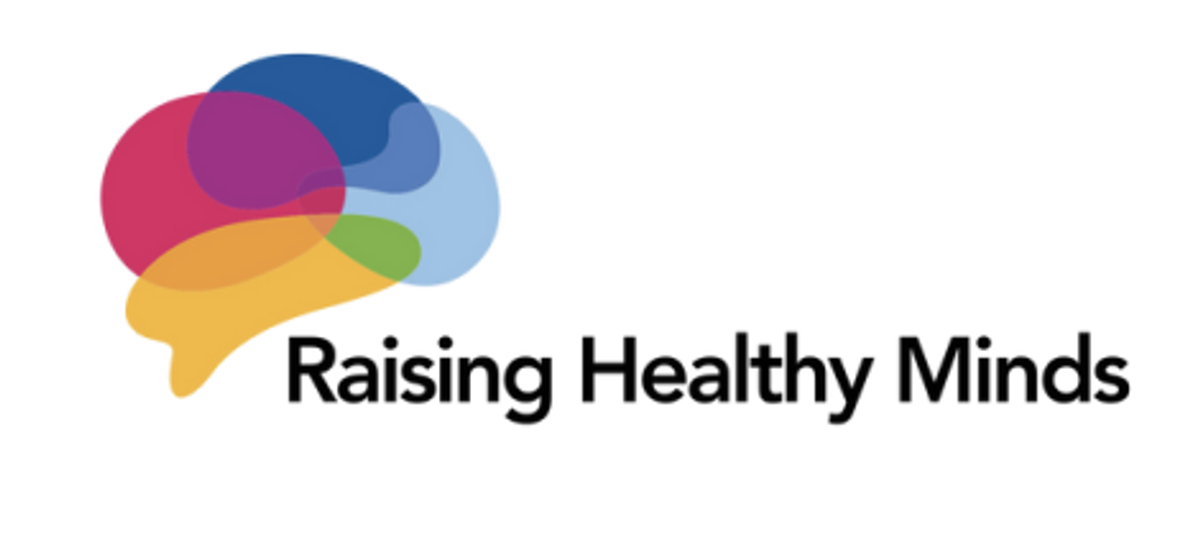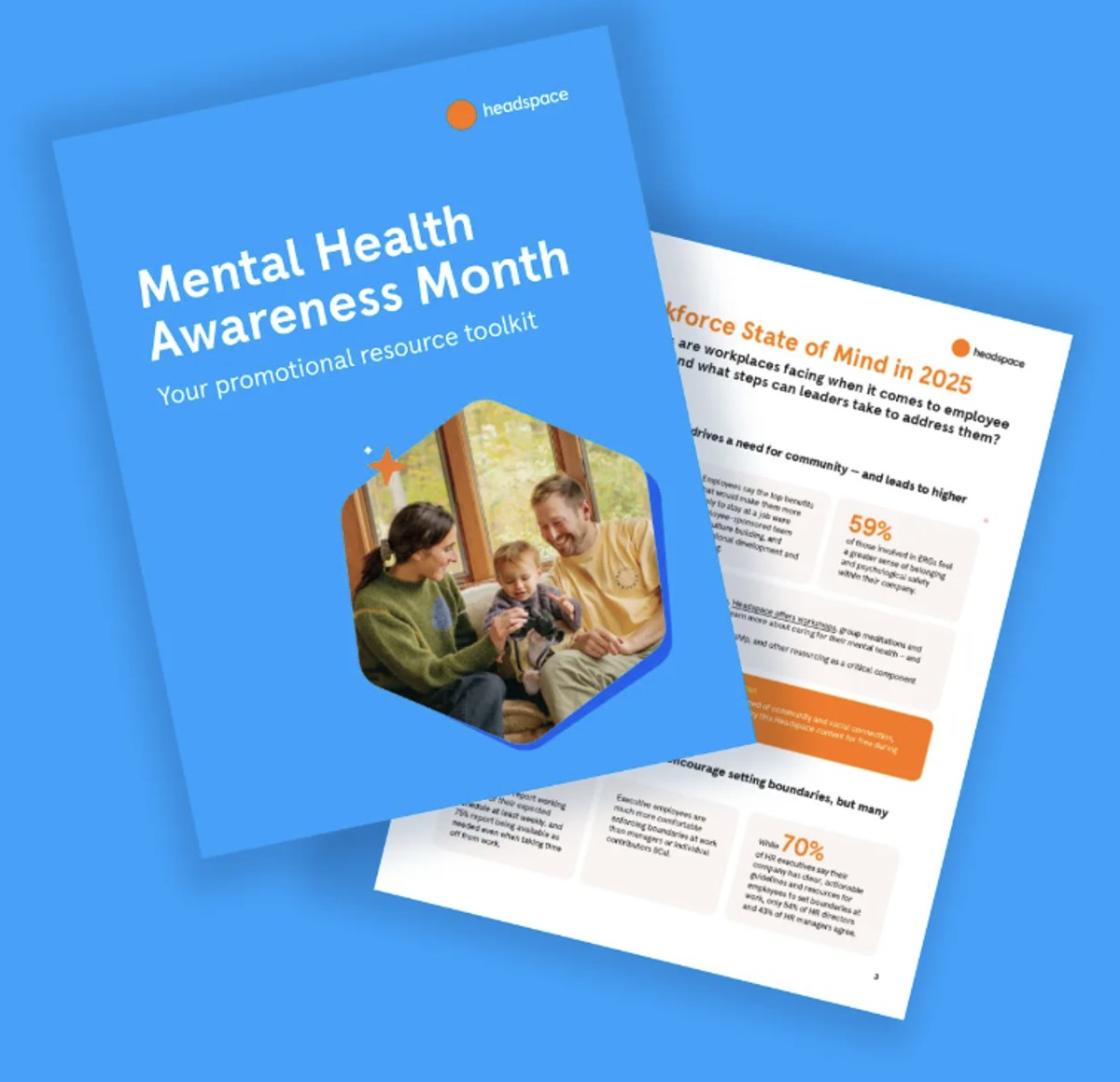Wellbeing

Welcome to Term 3! We hope the holidays gave you time to relax, sleep in, and enjoy special moments with your kids. As the chilly weather sets in, we hope you’re all keeping warm and cosy.
This term kicks off from our brand new building and what a fresh start it is! Students have toured the space and popped into the Wellbeing Room, a safe and calm area where they can take a breather, have a chat, or simply feel supported. It's still a work in progress, but it’s already making a big difference.
Supporting Your Child’s Wellbeing – Free App for Families
We’re pleased to share a helpful new resource for families: the Raising Healthy Minds app. This free, easy to use app was co-designed by parents, carers and mental health experts, and is funded by the Australian Government. It’s designed to support the social and emotional wellbeing of children aged 0–12, with practical tips and short videos on topics like managing emotions, making friends, building routines and looking after yourself as a parent.
You can personalise the app to suit your child’s age and interests, and explore topics at your own pace. It’s a great way to support your child’s confidence and resilience at home.
You can download the app from the App Store or Google Play, or visit raisingchildren.net.au/rhm to learn more and raise a healthy mind.
Mental Health Awareness Month (Aug 1–31)
Mental health matters, especially for children and families. During August, we’re shining a light on emotional wellbeing and encouraging open conversations at home and school.
Why it matters?
Children aged 4–11 are in a critical stage of emotional and social development. Early support can help children.
- Build emotional regulation skills
- Develop resilience and coping strategies
- Improve focus, learning, and classroom engagement
- Strengthen relationships with peers and adults
Mental health awareness helps families recognise early signs of distress, such as withdrawal, irritability, or changes in sleep and seek support before challenges escalate.
Helpful resources for families
These trusted organisations offer free tools and guidance tailored to children and young people:
- Beyond Blue Resource Library: Fact sheets and support tools for anxiety, depression, and wellbeing.
- Headspace Mental Health Toolkit: Youth-focused resources for managing stress, emotions, and building healthy habits.
Supporting Students with Disability at St Mary’s
At St Mary’s, we are committed to creating an inclusive environment where every child feels valued, supported, and empowered to thrive. We believe that all students deserve access to meaningful education and the adjustments they need to succeed.
Each year, schools participate in the Nationally Consistent Collection of Data (NCCD) to ensure students with disability receive the support they need. This process helps schools and governments plan for inclusive education by identifying students who require adjustments to access learning on the same basis as their peers.
To learn more, visit:
- VCEA NCCD Information Sheet for Parents, Carers and Guardians
- NCCD Learning Differences and Disabilities Resource
What to Expect in This Term’s Newsletters
Throughout the term, I'll be sharing some insights to help families better understand common learning differences and how we support students at school and at home. Topics will include:
- ADHD, Autism, Dyslexia, Specific Learning Disorder; Dysgraphia, and Dyscalculia
- Practical strategies for home and classroom support
- Helpful videos and podcasts for parents
My aim is to build understanding and encourage open conversations between families and educators. Small adjustments can make a big difference, and our school community are here to help every step of the way.
Coming Up Next Newsletter: Understanding ADHD
Stay tuned for the next newsletter, which will focus on ADHD; What it is, How it affects learning, and simple ways schools and families can support children with attention differences.
